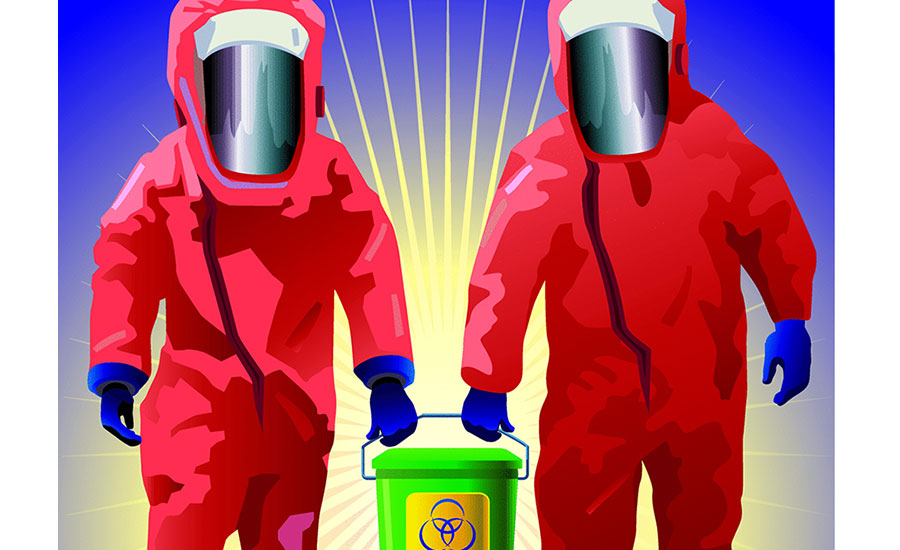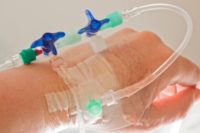By Selcen Kilinc-Balci, PhD, MBA and Maryann D’Alessandro, PhD
Recent research performed at the National Institute for Occupational Safety and Health (NIOSH) National Personal Protective Technology Laboratory (NPPTL), with support from Nelson Laboratories, suggests that some isolation gowns do not meet the performance standards established by the American National Standards Institute (ANSI)/Association for the Advancement of Medical Instrumentation (AAMI).
Isolation gowns are the second-most-used piece of personal protective equipment (PPE) in hospitals, following gloves (Holguin, 2011). Hospital isolation gowns are worn to protect healthcare workers during procedures and patient-care activities when anticipating contact with blood, bodily fluids, secretions and excretions (Siegel, 2007). The threat of emerging infectious diseases, such as Ebola virus disease and pandemic influenza, has highlighted the need for effective PPE to protect both healthcare workers and their patients.
ASTM International, formerly known as the American Society for Testing and Materials (ASTM), plans to use the NIOSH findings to assist with the development of a new standard specification for non-sterile isolation gowns intended for use in healthcare settings. The ASTM standard will then be used by manufacturers to develop gowns with improved protection and comfort for healthcare workers, allowing infection preventionists and safety professionals to select the most appropriate gown.
In response to a NIOSH Federal Register Notice and invitation letters sent to manufacturers of isolation gowns[i], NIOSH evaluated twenty-two different models of disposable isolation gowns (provided by six different manufacturers). For the purposes of this research, NIOSH agreed not to identify specific results to a particular model or manufacturer, though manufacturers did receive the results to the tests on their own gowns. The testing was conducted according to criteria established by the AAMI, and testing standards developed by the American Association of Textile Chemists and Colorists (AATCC) and ASTM.
Our research revealed that seven of the 22 tested disposable models did not-






